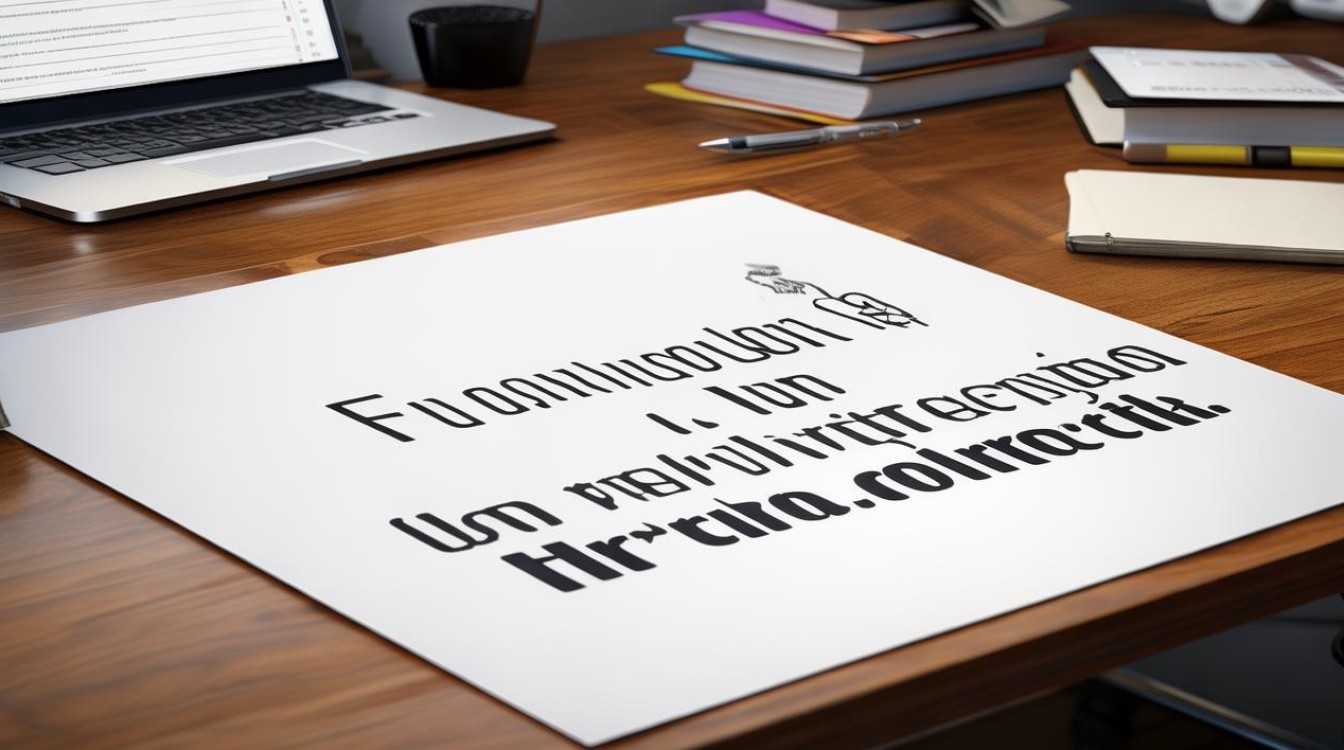When writing dates in English, precision matters. Whether filling out forms, scheduling events, or documenting records, knowing how to write "February 8" correctly ensures clarity and professionalism. This guide covers the standard formats, regional variations, and practical examples to help you master this simple yet essential skill.

Standard Formats for Writing "February 8"
In English, dates follow specific conventions depending on the region and context. Here are the most widely accepted ways to write "February 8":
-
Month-Day-Year (U.S. Format)
- February 8, 2024
- Feb. 8, 2024 (Abbreviated month)
- 2/8/2024 (Numerical format)
-
Day-Month-Year (International Format)
- 8 February 2024
- 8 Feb 2024 (Abbreviated)
- 8/2/2024 (Numerical; commonly used outside the U.S.)
Key Tip: Always use a comma after the day in the U.S. format (e.g., February 8, 2024), but omit it in the international style (e.g., 8 February 2024).
When to Use Each Format
-
U.S. Contexts
- Business correspondence, legal documents, and informal writing in the U.S. typically follow Month-Day-Year.
- Example: The meeting is scheduled for February 8, 2024.
-
Global or Formal Settings

- Scientific papers, international reports, and European publications prefer Day-Month-Year to avoid confusion.
- Example: The conference begins on 8 February 2024.
-
Numerical Dates
- Use MM/DD/YYYY (2/8/2024) in the U.S. and DD/MM/YYYY (8/2/2024) elsewhere.
- Avoid numerical formats in formal writing to prevent misinterpretation.
Common Mistakes to Avoid
-
Mixing Formats
- Incorrect: February 8th, 2024 (Avoid ordinal numbers like "8th" in formal writing.)
- Correct: February 8, 2024 or 8th February 2024 (ordinals are acceptable in British English).
-
Omitting Commas or Punctuation
- Incorrect: February 8 2024
- Correct: February 8, 2024
-
Using Slashes in Formal Documents
- Reserve 2/8/2024 for notes or informal contexts.
Pronunciation of "February 8"
When speaking, dates are articulated differently across dialects:
- U.S. English: "February eighth" or "February the eighth"
- British English: "The eighth of February"
Note: The "r" in February is often silent (Feb-yoo-ary), though pronouncing both "r"s (Feb-roo-ary) is also correct.

Cultural and Historical Significance
February 8 holds importance in various cultures:
- Japan: National Foundation Day (February 11 is the holiday, but celebrations begin earlier).
- U.S.: National Kite-Flying Day, a whimsical nod to early spring traditions.
Understanding these nuances adds depth when referencing dates in global contexts.
Practical Examples in Sentences
-
Business Email:
"The project deadline is February 8, 2024. Please submit your reports by 5 PM EST." -
Academic Paper:
"The study concluded on 8 February 2024, with results published the following week." -
Casual Conversation:
"Let’s meet up on February 8 for the workshop!"
Why Accuracy Matters
Miswriting dates can lead to missed deadlines, legal discrepancies, or scheduling errors. For instance:

- 2/8/2024 interpreted as August 2 in Europe.
- Omitting the year might cause confusion in multi-year projects.
Consistency ensures professionalism, especially for website owners managing event calendars or publishing time-sensitive content.
Mastering date formats is a small but critical detail in effective communication. Whether drafting contracts, planning content, or coordinating events, using February 8 correctly reflects credibility and attention to detail. Stick to regional standards, avoid shortcuts in formal writing, and when in doubt, spell out the month for clarity.
For further reading, consult style guides like The Chicago Manual of Style or Oxford’s New Hart’s Rules. Clear communication starts with precision—even in something as simple as a date.

